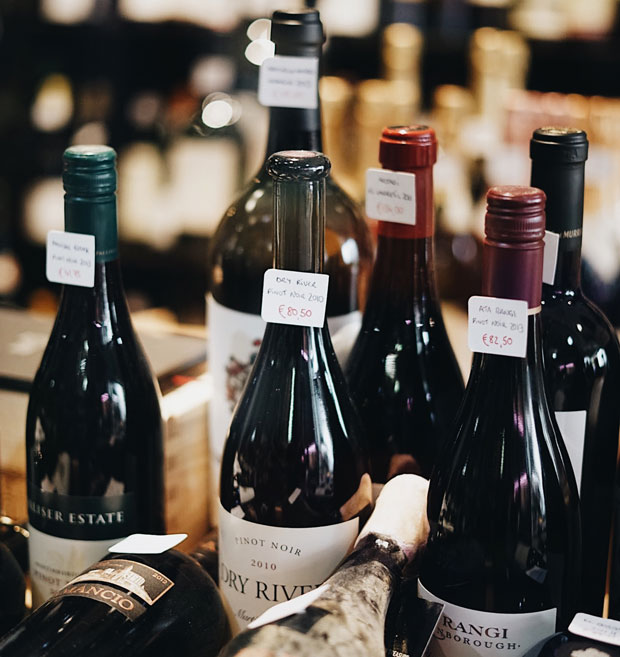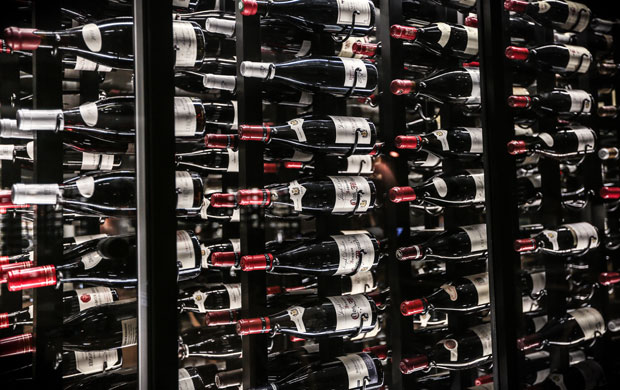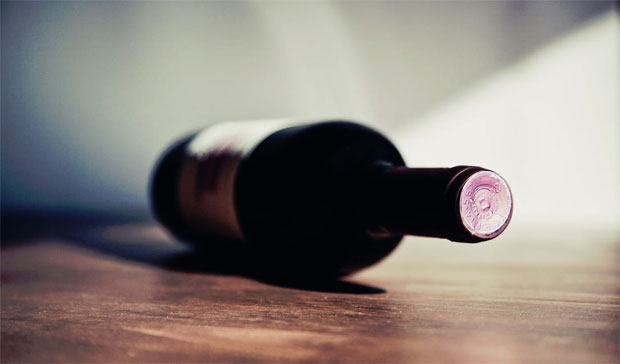Investing in Fine Wines – An Introduction

Investing in Fine Wines – An Introduction
Wine has long been a status symbol and is associated with wealth. While the sector used to be more exclusive, more and more people are considering fine wines as a way to diversify their assets. In fact, luxury products like wines have become a popular investment class over the past twenty years. In this article, we’re going to give you a small introduction into the world of wine investing as well as a few pointers to start your portfolio on a solid base.
- Investment Grade Wines
Investment grade wines are those that are of top notch quality. They’re also suitable for “investment” because they will become better with age. They’ll increase in value, too, because they will become rarer as other bottles from the same harvest are consumed. Around three fifths of all investment-grade wines are made in the Bordeaux region of France. Other popular regions include Burgundy, the United States, Italy and the Champagne region respectively.
- What Makes Investment-Grade Wines Investment-Grade?
You can buy wine at the store and hold onto it, but that doesn’t mean it is worth more money next year. What makes investment grade wines investment grade? One factor is the quality. People pay more for the best, and the limited supply of these superior wines keeps their value up. Because they get better with time, they retain their value as a consumable while the increasing rarity over time increases their value. Pedigree matters as well, since name recognition of the vineyard and wine makers is how people know that the wine is high quality.
Cult wines are very high-quality wines that have a dedicated fan base. They’re made in small batches, so you’re playing on the scarcity factor when you invest in them. In some cases, they’re merely trophies and status symbols. In others, they are a way to diversify your portfolio because you can always sell them to the fans.
- The Elements of a Good Wine Investing Strategy
If you are considering investing in wine, you will need to have a plan. Are you wanting to create a collection of fine wine that you intend to sell at a premium later? Then your wine investment should be secured by a wine storage company like Octavian Vaults. With a company such as this one, your selections will be protected from theft, breakage, and poor storage conditions. And you’ll be able to record that the wine has been kept in pristine provenance and has been properly handled and stored through its lifecycle.
Understand your budget and time-frame. If you can afford to wait for years, you can buy and hold for the ultimate long-term investment. If you may need the money soon, en primeur or joining a wine investment fund may be the better choice. Wine investment funds are also the better option for those with little experience. Understand associated costs like insurance, storage costs, and auction fees.
Do your research. Don’t fall for marketing materials, and don’t assume that you can invest in the wines you like. Be selective, and only invest in wines with a reputation for investment-grade product. Don’t assume that any old vintage is good — understand the demand for particular years and vineyards. And know that there are rogue traders who will rip off potential investors, whether they sell inferior wine as a premium product or simply take the money and run.
Wine investment is a well-established industry with a clear business model. It is open to those who want to invest in luxury goods or hope to earn money while enjoying their favourite wines.
Guest Article.




